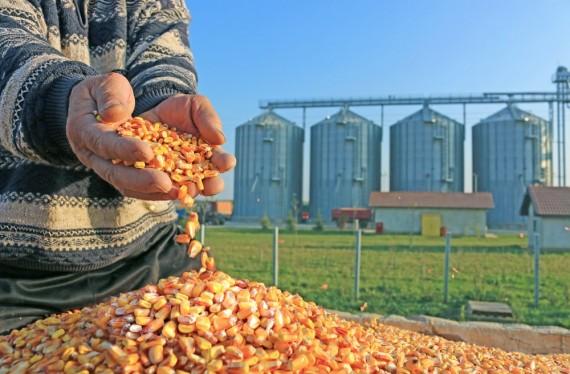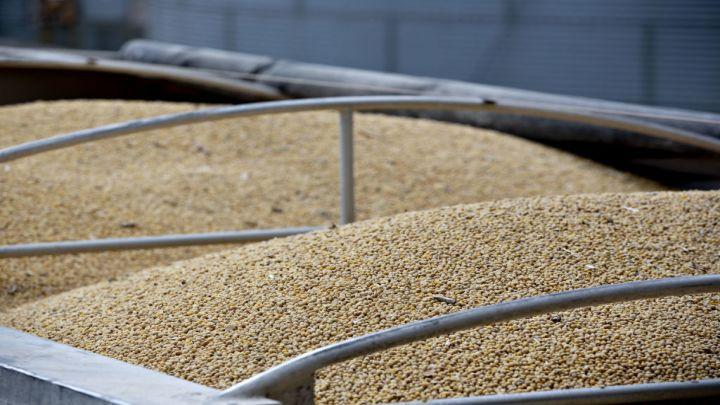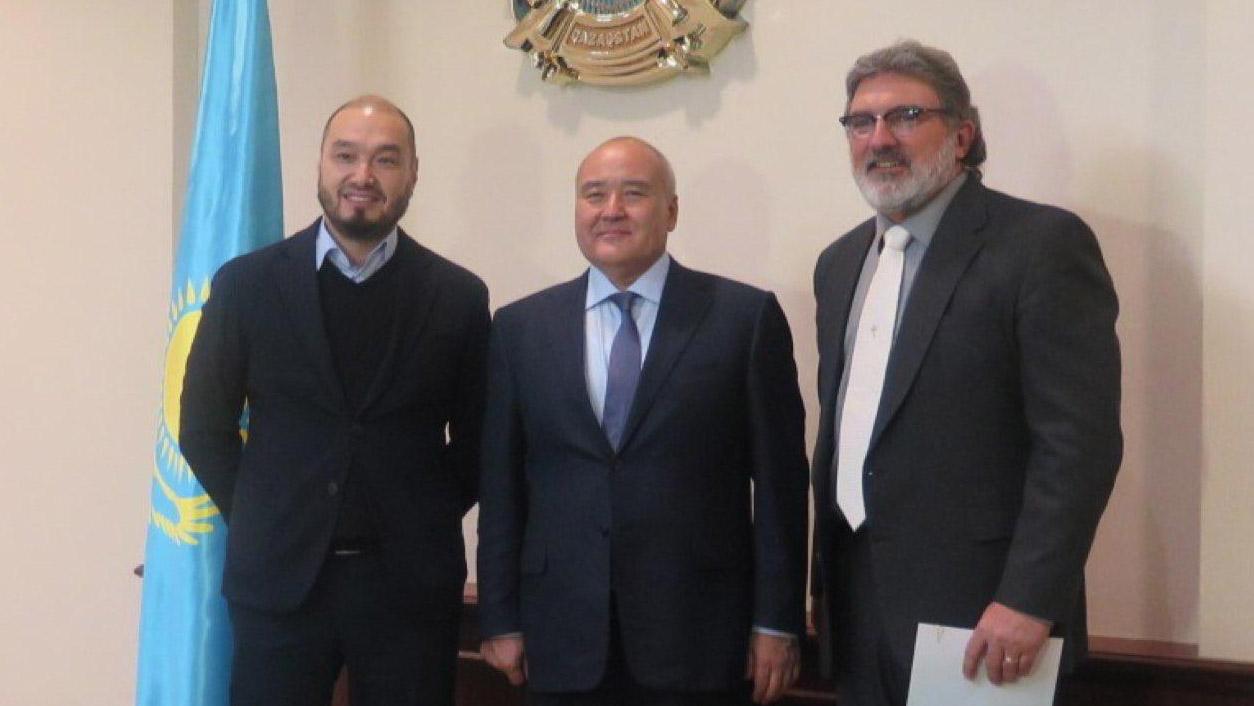
2019-12-29 15:45:00
Kusto Group’s Yerkin Tatishev plans to turn Kazakhstan into a seed hub of Eurasia
KazSeed, a division of the multi-sector Kusto Group chaired by Yerkin Tatishev, is interested in tackling the issue of poor feed supply, one of the primary factors hampering the development of animal husbandry in Kazakhstan. The company's solution is to offer farmers American-bred high-yield fodder crop seeds.
"In the seed business, a lot depends on reputation," explains Serik Ramazanov, the financial director of KazSeed. "And you can lose it very quickly, in a second. Once you've sold low quality seeds - that's it, no one will work with you."
When it comes to reputation, Edward Baumgartner, the director of KazSeed, his knowledge and experience have made him a leader in the field of seed cultivation.
A third-generation seed breeder, Baumgartner grew up on a family farm in Minnesota, an agricultural powerhouse located in the United States Midwest. He graduated with a degree in agronomy and plant genetics from the University of Minnesota in 1983. Throughout his career, Baumgartner has worked with several large companies that specialize in seed breeding.
In 2005, he founded his own company in Puerto Rico specializing in the research and cultivation of corn hybrids. Baumgartner returned to his native Minnesota in 2013 where he developed his brainchild, Baumgartner Agriculture Science and Service (BASS).
His began collaborating with a Kazakhstan cattle company, Kazbeef, in 2016, supplying the company with corn seeds to produce silage for their breeder herd and feedlot cattle.

2019-02-05 15:40:00
Kazakhstan, US to construct plant for production of non-GMO soybean seeds
Kazakhstan and the US will construct a plant for production of corn seeds and non-GMO soybeans, according to director general of KazSeed Almas Tatishev.
"We attract the US experience in the sphere of seed production, create joint enterprises, ensure full transfer of technologies and experience exchange," KazInform quotes him as saying. "The production capacity of the plant will reach 25,000 tons of seed per year, which will enable Kazakh farmers to plant on up to 1 million hectares of land."
An ordinary selection method has allowed to avoid GMO supplements, Tatishev explained.
Moreover, he pointed out that it is planned to open two seed research centers in the country’s north and south.
The director general of KazSeed went on to add that the construction of those centers is expected to begin in 2019 so that to commission them in 2020.
He noted that 10 percent of the produced seeds will meet the demand of own farms, while the remaining 90 percent will be sold in Kazakhstan, as well as Europe and Asia.
Starting in January 2019, the rules for subsidizing the development of seed production came into force in Kazakhstan.
The new subsidies will not be provided for hybrids of the first generation of sunflower, corn, cotton, sugar beet, seeds of cotton varieties of the first and second reproduction and elite seedlings of fruit and berry crops and grapes. A partial reimbursement (up to 50 percent) of the cost of purchase of these crops is provided in new rules.

2018-11-19 15:37:00
Kusto Group extends its reach into the seed market
I am proud that foreign investors of this calibre are recognising the enormous potential of Kazakhstan’s farming industry and the fantastic opportunities on offer. I am particularly pleased that Kusto Group is at the forefront of this exciting new phase that will bring prosperity and opportunity to countless others.
Байланыстар
Мекен-жайы:
Республика Казахстан, Z05M5Y8, г. Нур-Султан, район Есиль, проспект Кабанбай Батыр, здание 15А, офис А3-7
